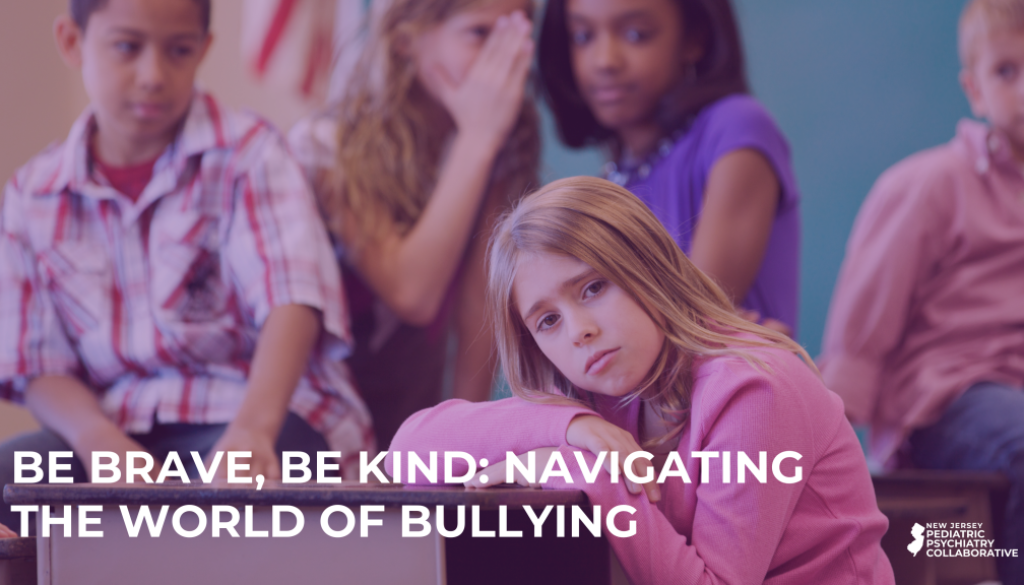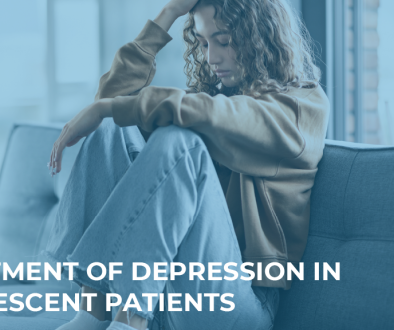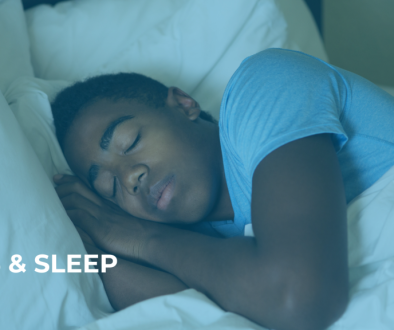Be Brave, Be Kind: Navigating the World of Bullying
Co-authors: Dr. Amy De Silva and Dr. Thomas Priolo
Bullying is a common everyday experience that comes in different forms and can sometimes be obvious or subtle. Bullying can best be described as repeated aggressive, intentional behavior that involves either a real or perceived power imbalance.
Bullying can manifest in multiple forms which may not always appear as obvious. One of the most common types of bullying is verbal bullying, which involves name-calling, teasing, or making rude or offensive jokes. Emotional bullying involves manipulation, sarcasm, passive-aggressive behavior, and excluding someone from a group, which can make a child feel isolated and unwanted. Unlike physical bullying, emotional bullying often involves subtle actions or words that make the victim feel worthless, isolated, or fearful. On the other hand, physical bullying involves hitting, kicking, or other forms of violence. Each of these forms of bullying can harm a child’s mental health, leading to feelings of sadness, anxiety, and loneliness.
No matter the form, bullying can leave lasting emotional scars and affect a child’s self-esteem, confidence, and overall well-being. While some kids may seem like they’re tough enough to handle bullying, the truth is that everyone, no matter how strong, deserves to feel safe and respected in their environment. It can sometimes be hard to track down the bullying, but it is important to identify behavioral changes in your child or teen who is a victim of bullying so that you can intervene and reach out for help.
Studies show that around 80-85% of kids who are bullied start to show signs like pulling away from others, becoming more isolated, feeling sad or anxious, and having mood swings1. These signs might not be obvious right away, but victims of bullying often report feeling these effects even up to a year after being bullied. Some kids may become shy, and overly sensitive, start thinking negatively about themselves, or even hurt themselves or have thoughts about suicide ².
If you suspect your child is being bullied, monitoring their emotional and physical well-being is important. While many cases of bullying can be managed through parental support and school intervention, there are situations where consulting a doctor is necessary. You should contact a
physician if your child exhibits any of the following changes in behavior that is negatively impacting their ability to function at a social or occupational level. For instance, noticing physical symptoms without a clear precipitating trigger such as frequent headaches, stomachaches, changes in appetite, unexplained injuries, bruises, or changes in sleep. Also be mindful of recent emotional and behavioral changes like mood swings, depression, anxiety, irritability, sudden withdrawal from friends and family, frequent crying, a decline in academic performance, school refusal, or expression of negative self-talk, suicidal ideations, or self-harming behaviors. Parents, if you notice any of these signs and symptoms and suspect your child is struggling, please reach out to your pediatrician, psychiatrist, or local crisis hotline for further evaluation and support.
If you suspect bullying is present, try opening up a dialogue and letting your child know that they are safe to confide in you. Children might be afraid or ashamed to speak up about bullying,
fearing they’ll be seen as weak or that the situation will get worse. To break down these
barriers, parents should let their children know that they can always talk about anything that’s bothering them without fear of judgment.
Remember that schools have many resources, established protocols, support systems and trained staff that that can help address bullying. It is important for parents to become familiar with the various anti-bullying guidelines and resources that are available to their children. You can first start with speaking to your child’s teachers and school counselors, exchange information and learn of what resources and emotional support they can offer to your child. School staff often have firsthand knowledge of situations going on between the students and can keep a look out for certain bullying behaviors. Remember the school system can be your biggest ally and support.
Lastly, parents can also help to directly influence and help their children build resilience, confidence and self esteem by teaching them ways to address and cope with bullying. We’ve all encountered times in our lives where we were bullied or harassed. Think of some positive strategies you used to help deal with difficult personalities and bullying. Sometimes confiding to your kiddos about your own experiences with bullying and how you positively dealt with difficult interactions can be uplifting and encouraging for kids.
For additional information and resources to learn more about bullying, bullying prevention and support, check out our list of resources below!
Resource Links for bullying:
This is a website with information on preventing, identifying, and addressing bullying and also provides resources for parents, educators, and children.
This is a Non-profit organization that advocates on behalf of bullied children and their families, providing education and support to parents, educators, children, and the community at large.
Offers toolkits, guides, and activities for parents and schools to create a culture of kindness and prevent bullying.
Focuses on supporting LGBTQ+ youth with resources, crisis intervention, and guidance for parents and allies.
Provides anti-bullying education, resources for parents, and support for children and teens dealing with bullying.
This is an online resource and support centre for young people, parents/carers and educators to access information, activities and ideas to prevent and tackle bullying behaviour, and provide support for those experiencing it.
A resource for parents needing emotional support and guidance when dealing with bullying or other parenting challenges.
Co-Authors Profile:

Amy De Silva, MD
Child & Adolescent Psychiatric Fellow
Trustee-at-Large, New Jersey Psychiatric Association

Dr. Thomas Priolo
Medical Director, Child & Adolescent Consult & Liaison Psychiatry
Assistant Program Director, Child & Adolescent Psychiatry
Child & Adolescent Psychiatrist Urgent Care with Behavioral Health
References
1 Beane, A. L. (2008). Protect your child from bullying: Expert advice to help you recognize, prevent, and stop bullying before your child gets hurt. John Wiley & Sons.
2 Wahlstrom, K. L. (2016). Later start time for teens improves grades, mood, and safety. Phi Delta Kappan, 98(4), 8-14. https://doi.org/10.1177/0031721716681770




